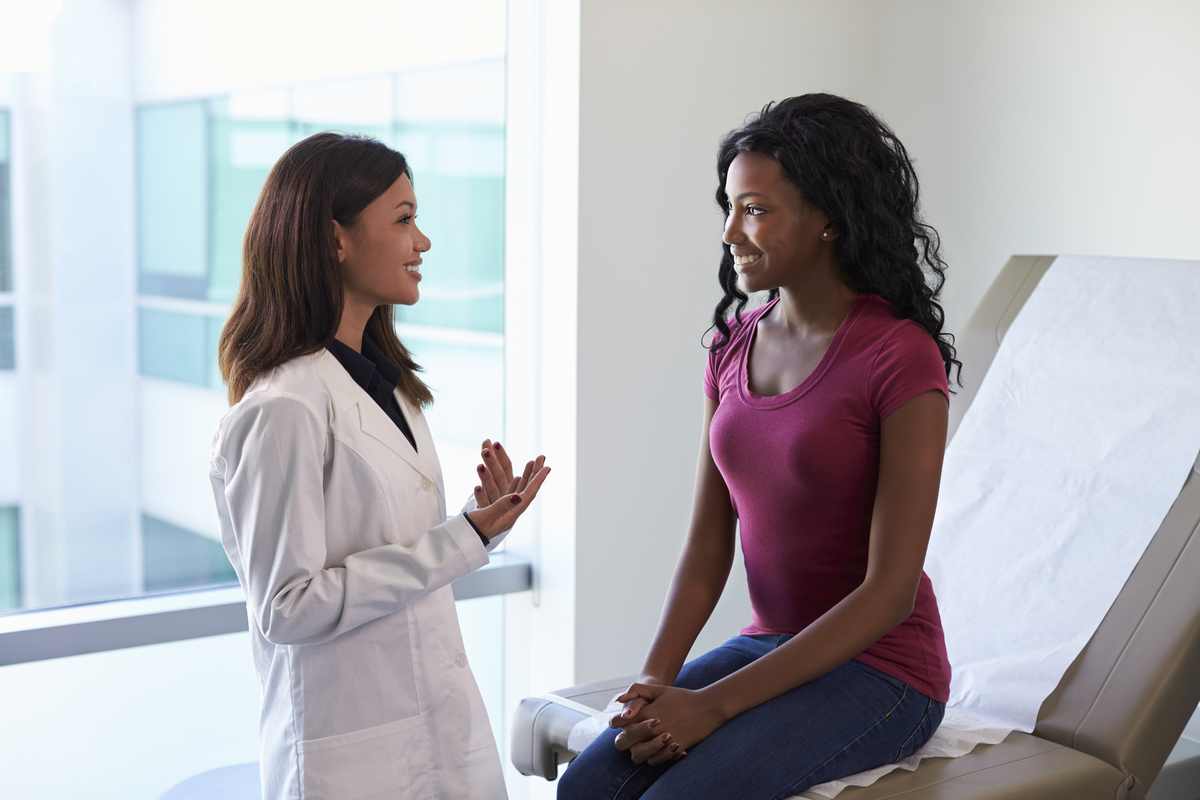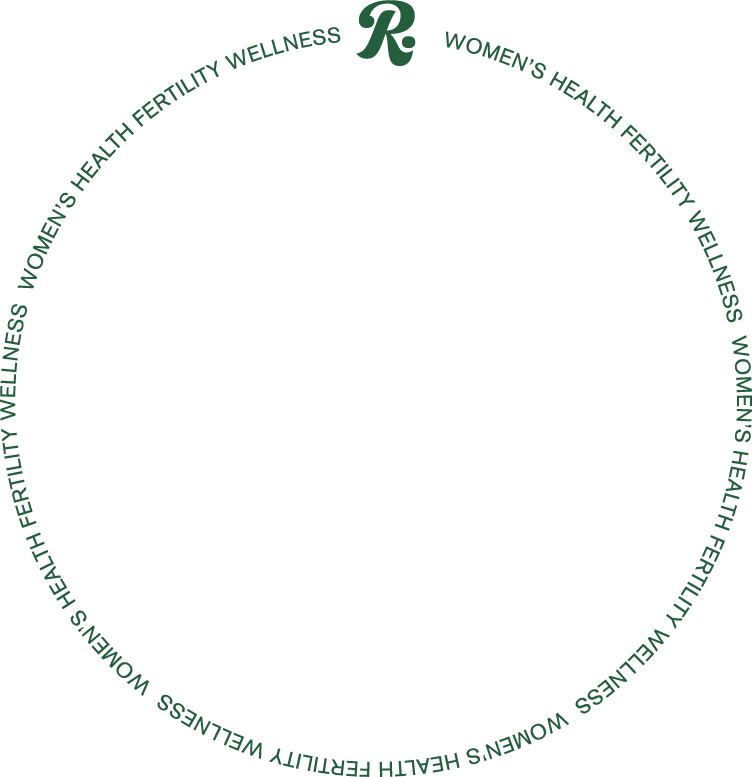Let’s face it: Pregnancy can be equal parts beautiful and terrifying. Growing a life is one of the most world-changing experiences a person can go through. But for some expectant mothers, pregnancy can be fraught with challenges — one of the potential complications being preeclampsia.
Between 5-8% of all pregnant women develop preeclampsia or another hypertension-related disorder, including 400,000 in the U.S. annually. So, what is preeclampsia, exactly, and how do you know if you are at an increased risk for the condition? Let’s dive in.
What causes preeclampsia?
Preeclampsia is characterized by high blood pressure and often the presence of protein in the urine during pregnancy. It typically occurs after 20-weeks gestation and can lead to serious complications for both the mother and the baby if left untreated.
For many years, the causes of preeclampsia have been shrouded in mystery, with doctors and researchers seeking to unravel the genetic and environmental factors that contribute to this condition. While there's still much we don't know, recent studies have shed new light on the role that genetics may play in predisposing some women to preeclampsia.
So, is preeclampsia genetic?
The short answer is yes, but as with many things in life, it's not quite that simple.
Let's start with the genetics. Like many other medical conditions, preeclampsia does appear to have a genetic component. Research has identified several genes that may be associated with an increased risk of developing preeclampsia. These genes are involved in regulating blood pressure, blood vessel function, and the immune system, all of which are thought to play a role in the development of this hypertensive disease.
Family history can also play a role. A study published in the American Journal of Obstetrics and Gynecology found that women with a family history of preeclampsia were at a higher risk of developing the condition themselves.
Unfortunately, there is not yet an approved gene testing to determine if someone does, in fact, carry the gene for preeclampsia predisposition. These genes are largely found in studies of placentas after delivery.
Genetics is just one piece of the puzzle
The good news is, having a genetic predisposition to preeclampsia doesn't mean you're destined to develop it. Environmental factors, such as diet, lifestyle, and stress, also play a significant role in determining whether or not a woman will develop preeclampsia during pregnancy.
A study published in the British Journal of Obstetrics and Gynaecology found that women who were overweight or obese before pregnancy were at a higher risk of developing preeclampsia. Another study, published in the journal Hypertension Research, highlighted the role of lifestyle factors such as diet and exercise in reducing the risk of preeclampsia.
Smoking, drinking alcohol, and increased stress levels can also increase the risk.
Is there a way to reduce your risk of preeclampsia?
The good news is, that armed with this knowledge, you can take steps to reduce your risk of developing preeclampsia, even if you have a genetic predisposition.
First and foremost, take care of yourself. Eat a healthy, balanced diet rich in fruits, vegetables, whole grains, and lean proteins (think, the Mediterranean diet). Stay active – regular exercise can help keep your blood pressure in check and reduce stress. And if you smoke, now is the time to quit.
As always, be sure to attend all of your prenatal appointments so that your healthcare provider can monitor you and your baby for any signs of trouble.
What if you've already had preeclampsia in a previous pregnancy?
If you have a previous history of preeclampsia, you may be wondering if that means you're doomed to experience it again. The answer is, not necessarily. While this does increase your risk of developing it again in future pregnancies, it's by no means a guarantee. Many women go on to have perfectly healthy pregnancies after experiencing preeclampsia once. Early diagnosis and management are essential to prevent the serious complications associated with preeclampsia.
It’s also important to be vigilant. If you've had preeclampsia before, your healthcare provider will likely monitor you more closely during subsequent pregnancies to watch for any signs of recurrence. They may recommend additional tests or treatments to help keep you and your baby safe.
Lastly, remember, you're not alone. If you're feeling overwhelmed or anxious about the prospect of developing preeclampsia, reach out for support. Talk to your healthcare provider, join a support group, or confide in friends and family members who have been through it themselves. Sometimes, just knowing that others have been where you are and have come out the other side can be incredibly comforting. You’ve got this!
Kristyn Hodgdon is the Co-Founder and Chief Creative Officer at Rescripted.












